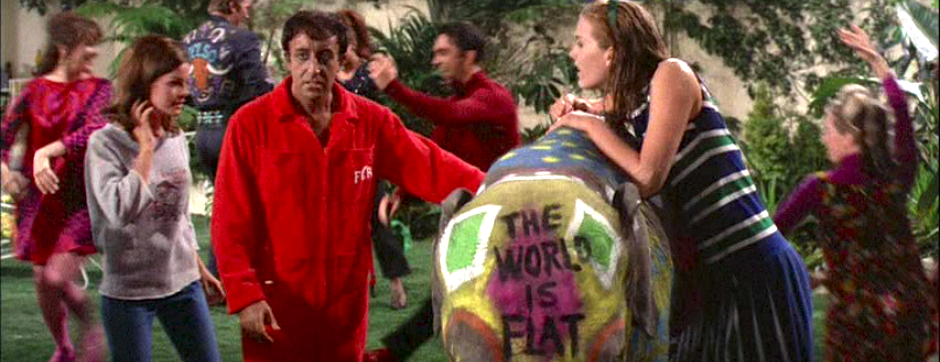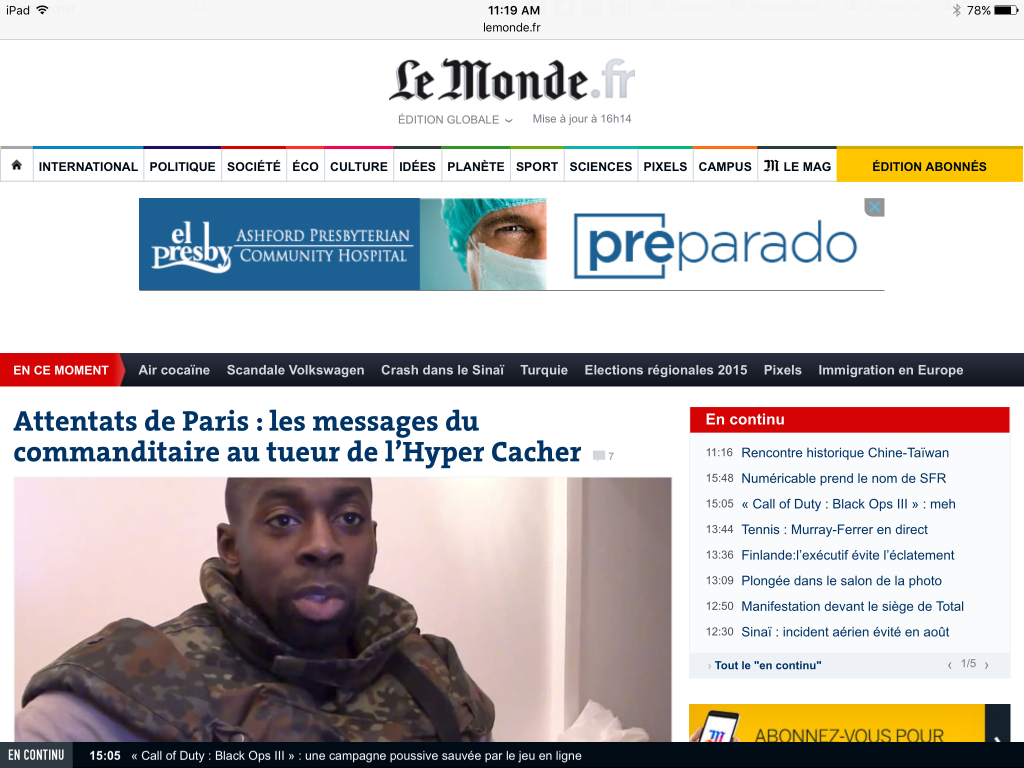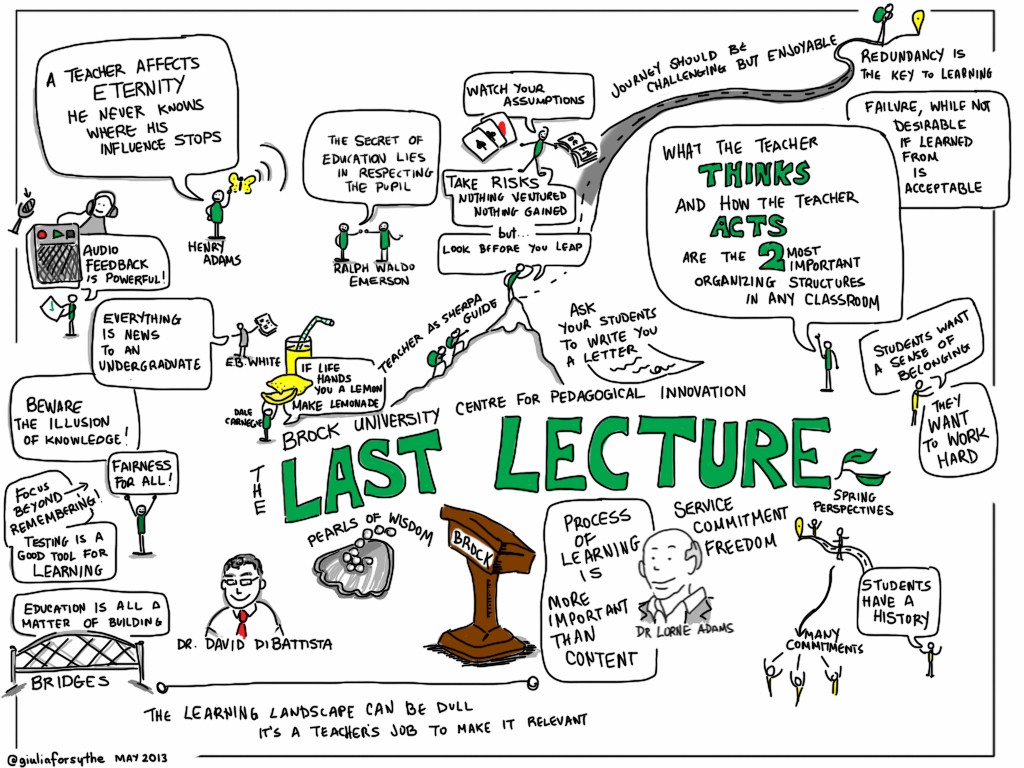It’s true and tested that publicity is at the core of many business practices. We accept that and, as a public with little to say on this, we passively watch TV shows which have disgracefully increased both the quantity and frequency of ads within and between shows. Well, sometimes it’s not that passively: we fire repeatedly our remotes and rebel to the imposition. Or, increasingly, we resort to premium services —TV networks or Internet-based offerings like Netflix or Hulu to watch shows without interruptions.
Both the music and the TV industries have developed “new” business models which allow for easy and cheap content acquisition and consumption without the usual publicity invasion –or as an advertising expert calls it– pollution.
The Web-based information services, on the other hand, have succumbed to the same old ad-based model applied by TV and magazines with the added consequence of privacy invasion. Magazines and newspapers actually work the model pretty well. They tend to include adds which are tailored to the population that buys the periodical, thus we get ads that reflect our lifestyle, and that are not too invasive: one can always pass forward an ad page or look another way easily.
This is precisely what one must do when, opening a news service webpage, there opens a window stating that it will close in about… 9 or 19 seconds. During which we are hostages of the ad and cannot do anything else. And what about those awful ads that appear somewhere on a page and you have to fight with the small ‘X’ in one corner to close them? Only to find the click actually did open the ad?
It’s the price to pay for a free access to the services, some say. Well, I hate that intrusion and I hate being taken hostage, so I look another way —and I write this.
The fact is that, differently from magazines, on the Web this is an intrusion on privacy, a real abuse. Not only do we find the ad. But often we find that the ad has been tailored ad-hoc after some search of ours. After searching for VPN’s —precisely to increase my privacy— I got ads for VPN’s everywhere. Get the irony?
Watch the documentary series Do Not Track and you’ll find examples of tens of Web tracking services —whom we never granted any permission— which collect data on our every move as soon as we open Facebook, Twitter or our good old online newspaper. Then those services are able to provide Google or Facebook or this-party ad-services with the right info, perfectly tailored to our “needs”. Is this right?
No, it is not.
This invasion produces also some really weird hyper-personalisation effects. Look at this screenshot of Le Monde. I’d expect a French ad, right? Or nothing at all. But no, not even that. A local ad. OMG: Is this the hyperlocal Web? The “local” following me wherever I go?
The next image is even worse, if it were possible. Even while reading the Pravda in Russian I am given the hyperlocalized ad. Shame!! (Well, I don’t read Russian… but shame nonetheless!)
Is nobody from the industry rebelling to this? Actually, there is. A Pepsi executive, nonetheless. PepsiCo’s Brad Jakeman, president of the company’s global group, was quoted as saying, “This is a disruption that has happened around us, and we are still talking about 30-second television ads. We fundamentally haven’t changed.” And that seems true, at least to an outsider like me. He speaks of advertising as content polluting, and we certainly don’t have to look far to see those webpages where articles are interrupted with little boxes for ads. Or the “pollution” of the examples I got in the images here. “Can we stop using the term advertising, which is based on this model of polluting [content]?”, he said.
Look at those annoying little rectangular ads at the bottom of a Webpage. They have a small “X” on some corner. Most times, if you try and click on it without precision you get transported to the ad page itself, without any consent. This is vicious. Is it possible the ads industry has not yet devised a better business plan? Must they count on my sloppy finger or mouse precision to have me open a page that I do not want to open? Is it possible that they are still under the influence of the last huge publicity innovation —done by ad-industry outsiders, namely the big Google founders? Haven’t they been able (Mad Man notwithstanding) to create any real XXI-century innovation that not subject us to such abuse?
Contrast this with the classic magazine ad, once more. True, sometimes one can find a full double-page ad. But you can simply go on with another page. Plus, you don’t get localized ads while reading The Pravda.
Well, I began using Firefox’s new Do Not Track feature. Fewer “personalized” ads appear. Some more privacy. For the rest? I look away every single time I get a small windows that says “You can close this after 9 seconds.” I look away for 9 seconds.
Again, to quote Jakeman:
…the people who are making it know that I’m going to hate it. Why do I know that? Because they tell me how long I am going to have to endure it — 30 seconds, 20 seconds, 15 seconds. You only have to watch this crap for another 10 seconds and then you are going to get to the content that you really wanted to see. That is a model of polluting content that is not sustainable.










